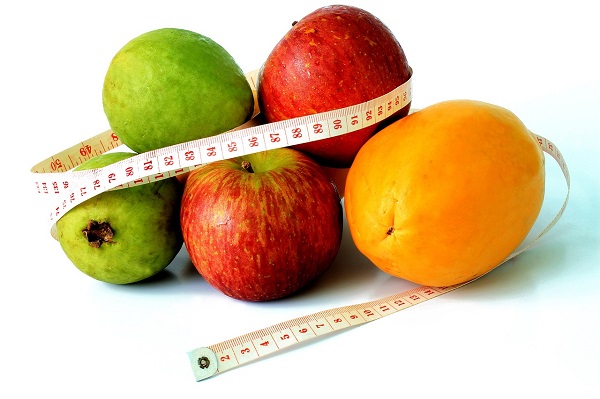 Food calories are used to determine many choices we make for our meals. For most people, this measure is used to understand what kind of impact a meal or snack will have on our efforts to gain, lose or maintain our weight. But have you ever wondered what exactly it is? After all, it’s not based on the weight of your foods or how big they are in volume. Here’s where you can find out.
Food calories are used to determine many choices we make for our meals. For most people, this measure is used to understand what kind of impact a meal or snack will have on our efforts to gain, lose or maintain our weight. But have you ever wondered what exactly it is? After all, it’s not based on the weight of your foods or how big they are in volume. Here’s where you can find out.
What Are Food Calories?
Wondering about food calories is a good subject to take on because most people don’t actually have a solid understanding of what they’re working with, even if they use them to track their meal choices every day.
To start, food calories are not a specific thing. You may hear the term “empty calories”, for instance, but that is more of an expression than something real. You can’t take calories out of something and toss them into a container in your fridge.
Food calories are a measure of the energy an item contains if eaten. More specifically and technically, one calorie is the amount of energy needed to raise one milliliter/gram (it’s the same amount) of water by one degree Celsius. Even more specifically and technically, it’s the amount of energy needed to raise the temperature of water from 14.5ºC to 15.5ºC. That’s why we rely on food labels to tell us the calorie content of an ingredient, instead of being able to calculate it at home.
What Does This Have to Do with Body Weight?
Food calories are associated with body weight because they help to understand the amount of energy you’re taking in when compared to the amount your body is actually using. Said simply, if you eat the same amount that you burn, your body will maintain its current weight. If you eat more calories than your body uses, you will gain weight because the extra energy will be stored in body fat for later use. If you eat fewer calories than your body uses, you will lose weight because your body will dip into its fat storage to keep itself functioning.
This helps to explain why, regardless of the type of weight management strategy you’re following, having an understanding of food calories and keeping an eye on them is often recommended. At its most basic level, that measure of energy in meals and snacks is an understanding of how each bite will affect body weight. Of course, it’s more complex than that, but even at its foundation, this measure can be handy for guiding healthy ingredient and portion decisions.
Leave A Comment
You must be logged in to post a comment.